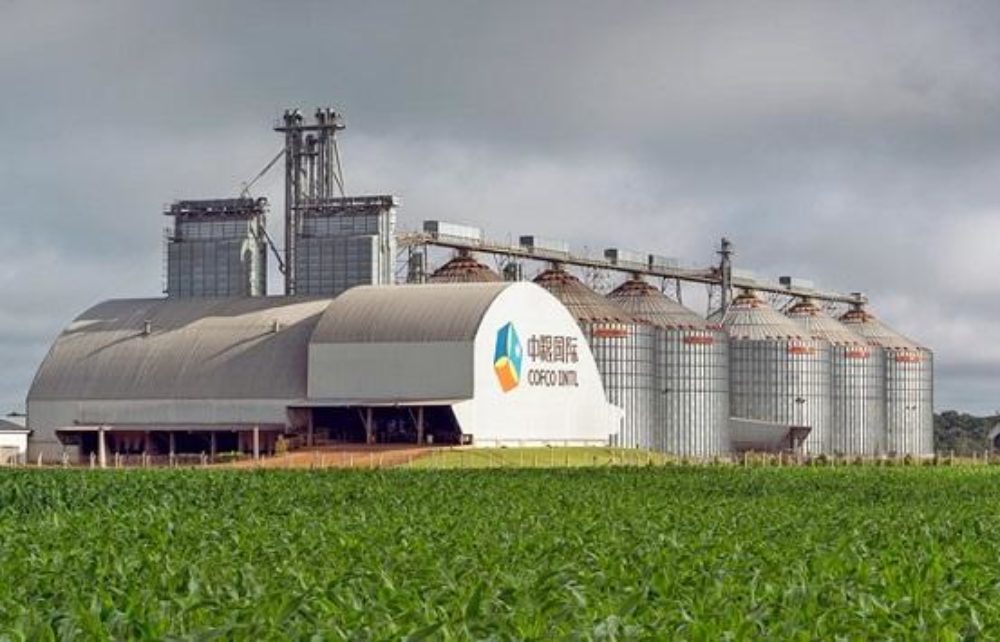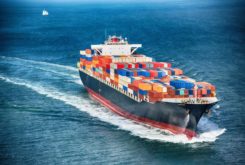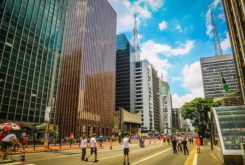Cofco International Ltd., the global trading arm of China’s biggest food company, vowed full traceability for all the soybeans it buys directly from farmers in Brazil by 2023.
The promise, included in its latest annual sustainability report, is aimed at reducing environmental damage and would be a first for a major crop trader. The commitment would force Cofco International Ltd. to be able to trace back all of the soybeans it buys in Brazil to specific farms and locations that are not from land cleared of natural vegetation, according to the report.
“We make our traceability commitment public because we are prepared and we want to be held accountable for it,” Wei Peng, Cofco International’s global head of sustainability, said in a statement.
The company is vowing to trace more than 50% of its Brazil soy purchases in 2020, according to Peng. Cofco has previously estimated it will handle between 6.7 million tons and 7 million tons of soybeans in the nation in the 2020-21 season, which began in February.
Full traceability, which Cofco said would be verified by a third party, should help slow deforestation that has devastated some parts of Brazil including the Cerrado biome.
Global agricultural traders have come under fire for their role in the Brazil environmental crisis that has spread from the Amazon rain forest to Cerrado savanna grasslands that cover more than 20% of the country and account for more than half its soy crops.
Cofco’s goal of full traceability would identify the exact origins of where the soy came from and its history with supporting documentation that would ensure it wasn’t from farmland recently converted from natural vegetation.
Mapping has different methods and objectives compared to traceability, underscoring the varying approaches traders are taking to tackle the problem, according to Bloomberg.
Cofco rival Louis Dreyfus Co. said in its annual sustainability report this week that it was able to trace about 30% of its direct Brazil soy purchases in 2019 and committed to 50% traceability in 2020.
Cargill Inc., the biggest agri-trader, said this week it had mapped 100% of its soybean supply base in Brazil, meaning it has a geographic location for farms it has purchased from as well as for intermediaries it has bought soy from such as crushing plants and export terminals.




